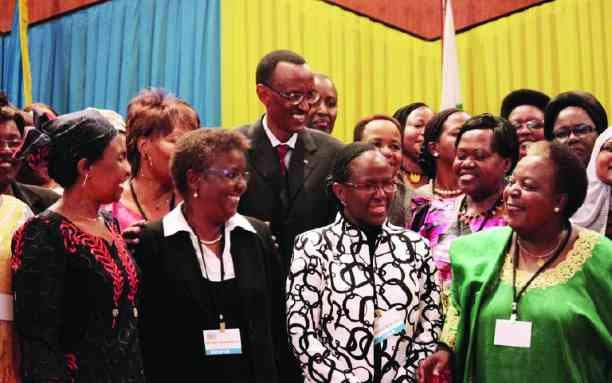Zimbabwe stands at a pivotal moment, with opportunities for transformative growth and development on the horizon For this potential to be fully realized, it is imperative that the nation makes a concerted effort to promote the voices and participation of its women and youth These demographic groups, who constitute a significant majority of the population, have historically been marginalised in decision-making processes, yet their active involvement is the cornerstone of a truly inclusive and prosperous society The importance of this issue is underscored by initiatives, such as the Team Europe Initiatives on climate-smart agriculture and gender equality, which correctly identify that meaningful change cannot happen without empowering these groups
One of the most critical aspects of this push for inclusion is addressing the low levels of women’s participation in politics and leadership Despite constitutional provisions that aim to ensure gender equality, a significant gap persists According to various reports, women’s representation in Zimbabwean politics remains disappointingly low While the overall percentage of women in parliament has seen some fluctuation, it has not consistently reached the Sadc Declaration on Gender and Development’s 30% threshold
For example, in the 2023 elections, only a small percentage of the directly elected National Assembly seats were won by women While a quota system has been introduced to increase women’s representation, it has not yet led to a fundamental shift in the political landscape This stark underrepresentation in key decision-making bodies, including cabinet and local government, means that the priorities and concerns of over half of the population are not being adequately addressed The low participation rates are not merely a reflection of a lack of interest but are symptomatic of a deeply entrenched patriarchal society where women face multiple barriers to political office
These include a hostile political environment, gender-based violence, lack of financial resources for campaigning, and the perpetuation of harmful gender stereotypes The TEI on gender equality recognises this by focusing on promoting women’s equal voice and participation in decision-making at all levels, including online platforms where harassment often acts as a deterrent By increasing the level of women’s and youth participation, representation, and leadership in politics and electoral processes, these initiatives seek to dismantle these barriers and create a more equitable playing field Source: The Standard Zimbabwe
All Zim News
All Zim News is a central hub for all things Zimbabwean, curating news from across the country so no story is missed
Alongside aggregation, our team of nationwide reporters provides real-time, on-the-ground coverage Stay informed and connected — reach us at admin@allzimnews.com.
Source: Thestandard
